Quick Summary
Don't risk installation failure. Get the definitive, job-site-ready guide to ANSI A118 tile adhesive standards. A pro's reference for choosing the right mortar.
Introduction
As a tile professional, you already know that on any job site, choosing the right mortar isn't just a routine decision; it is the foundation of your reputation.
Adhering to ANSI A118 standards can reduce callbacks by up to 30%, safeguarding your credibility from costly repairs and compromised structural integrity.
That is where ANSI A118 standards come into play. With multiple classifications, it is easy to get confused which mortar suits which substrate, tile type, or installation environment. Overlooking minor details can result in adhesion issues, tile movements, etc.
This article is a field-ready reference guide. It provides the key tile adhesive standards into a format that's clear, practical, and immediately useful.
This guide is written in collaboration with The Mosaic Center. We at Mosaicenter offer our complete range of mortars and adhesives and provide the critical know-how to use them correctly. Their technical expertise ensures that the information you are getting is accurate, field-tested, and is what pros use.
The Job-Site Quick Reference Chart: ANSI Adhesives Standards
|
ANSI Standard |
Common Name |
Key Use Cases & Tile Types |
When to Use It |
|
A118.1 |
Unmodified Thin-Set |
Basic installations over cement board. Some natural stone. Required for installations over certain membranes. |
When a manufacturer's specs (like a waterproofing membrane) specifically call for it. |
|
A118.4 |
Modified Thin-Set |
The industry workhorse. For porcelain, ceramic, stone over plywood, cement board. Good for wall tile. |
Most standard residential & light commercial jobs. Excellent bond and flexibility for porcelain. |
|
A118.15 |
Improved Modified Thin-Set |
High-performance mortar. Large & heavy tile (LHT), glass tile, exterior facades, high-traffic commercial floors. |
This is for demanding applications needing superior bond strength, flexibility, and non-sag properties. |
|
A118.11 |
E-G-P (Epoxy Grout & Mortar) |
Chemical-resistant setting. Commercial kitchens, industrial facilities, labs. Used as both adhesive and grout. |
When chemical resistance and ultimate bond strength are non-negotiable. |
A Deeper Dive: What Each Key Mortar Standard Means for Your Job
Each standard under A118 is engineered for specific performance criteria, from flexibility and bond strength to chemical resistance.
ANSI A118.1: Dry-Set Portland Cement Mortar
It is a traditional, unmodified thin-set mortars that doesn’t feel sticky or rubbery. This type of mortar is made up of Portland cement, finely graded sand, and a water-retention agent. There is no added latex or polymers. It relies on moisture to cure and bond properly, making it a stable and predictable option under the right conditions.
The use of Portland cement in this advanced world of flexible options lies in its predictability and compatibility. This type of mortar is required explicitly in certain installations, particularly when:
- Installing tile over uncoupling membranes
- Waterproofing systems
- Other manufacturer-specified substrates that could be negatively affected by the additives in modified mortars
Its chemical simplicity ensures better compatibility and more controlled curing, especially when exact substrate behavior is critical.
LATICRETE 317 Floor & Wall Thin-Set Mortar is a rapid-cure, high-bond-strength mortar that is ANSI A118.15 compliant and ideal for demanding applications, including large-format tiles.
ANSI A118.4: Modified Dry-Set Cement Mortar
When talking about “modified thin-set”, it means mortars that fall under the ANSI A118.4 standard. The term modified means that there is an addition of latex or polymer additives, which may be either blended in during manufacturing or mixed in later as a liquid additive. These enhancements significantly improve the mortar’s adhesion, flexibility, and water resistance. This gives a more durable bond in a broader range of conditions.
For most tile professionals, it is a go-to mortar, especially when working with a porcelain tile, which is less porous than ceramic. A118.4 mortars provides the additional bonding strength needed to ensure long-term performance over surfaces like cement board, plywood, or even existing tile, depending on the product.
Modified mortars offer strong adhesion with a bit of flexibility to absorb movement from thermal changes, substrate shifts, or heavy foot traffic. This type of mortar is versatile for everything:
- Residential floors and
- Residential walls
- light commercial settings
Mapei Ultraflex 2 is a polymer-modified, high-flexibility mortar that is ANSI A118.12 compliant, offering superior performance for porcelain and natural stone installations.
ANSI A118.15: The High-Performance Standard
It is a modified thin-set mortar, but with a higher concentration of advanced polymers.It offers a stronger bond strength, better flexibility, and enhanced durability. All this helps efficiently deal with today’s more demanding material and environment.
A118.15 is now an industry benchmark for large-format porcelain panels (LFP) and heavy natural stone, designed to handle extra weight, size, and stress, with best practices such as back-buttering and mechanical fasteners.
A118.15 is used in:
- Large and heavy tile
- Thin-gauge porcelain panels
- Tile used in exterior environments(harsh climate)
A118.15 is specifically designed for:
- Superior adhesion
- Non-sag properties
- Long-term performance under pressure
Custom Building Products ProLite® Premium Large Format Tile Mortar is lightweight yet incredibly strong. ProLite is A118.15 compliant and designed for Large heavy tile vertical installations, and exterior use. It delivers high bond strength with excellent workability.
Beyond performance, modern mortars like ProLite® now emphasize sustainability, with innovations in rapid cure times and low VOC emissions gaining traction for green building projects, aligning with 2025 trends for eco-friendly installations.
Epoxy & Other Standards ( A118.3, A118.11)
ANSI A118.3 and A118.11 mortars are built for speciality applications. Epoxy mortars A118.3 are extremely durable, chemically resistant and extensively used commercially. A118.11 mortars are modified to bond over plywood subfloors. Because of this, it is favourite among the residential areas.
These are not everyday adhesives and are problem solvers for a kind of job where failure can’t be tolerated at all.
LATICRETE epoxy adhesives & Grouts is Industry's trusted solutions and is built for the toughest environments.
In 2025, epoxy systems are essential for sector-specific challenges. For instance, in industrial facilities and laboratories, ANSI A118.3 compliant epoxy grouts and mortars provide critical resistance to chemicals, acids, and alkalis, with case studies showing zero failures after 18 months in harsh environments.
Don’t Forget the System: Related Grout & Membrane Standards
To get a long-lasting and failure-free tile job, you need to consider the grout and membranes that work alongside the mortar. Ignoring this can compromise the entire installation.
ANSI standards for waterproofing membranes, crack isolation, and grout is an opportunity to build trust with the clients.
Grout Standards ( A118.6 & A118.7)
Knowing the difference between standards of the grout can make a big difference in the durability, maintenance, and performance.
A118.6 covers the standard cement-based grouts. It's an everyday grout that most of the installers use. They are:
- Great for dry interior spaces where basic durability is enough.
- They’re affordable,
- Easy to use
- Works well when sealed properly
A118.7 is all about high-performance grouts, including epoxy-based options. They are:
- Designed for tough environments ( commercial kitchens, hospitals)
- Offer great strength
- Offers Stain resistance
- Colour consistent
- Show minimal shrinkage over time
LATICRETE Grout Systems offers services from standard sanded grout to professional-grade grouts.
Membrane Standards (A118.10 & A118.12)
What is underneath an installation is what keeps it solid over time. This is where waterproofing and uncoupling membranes come in and understanding these two standards i.e A1180 and A118.12 helps you save money and time.
A118.10 covers load-bearing waterproofing membranes. These are used in areas where moisture is prevented from seeping down, such as:
- Showers
- Pools
- Balconies
A118.12 covers polymer-modified mortars, which are now industry benchmarks for enhanced flexibility and bond strength in various applications.
These are designed to absorb minor horizontal movements in the substrate. This helps to prevent cracks, such as in concrete, from transferring up into the tile layer.
LATICRETE Waterproofing & Crack Isolation Products are a trusted solution for keeping tile installations dry, stable, and protected.
FAQ
This quick FAQ gives you clear, job-site-ready answers.
What is the difference between ANSI A118.4 and A118.15?
ANSI A118.15 is a higher-performance standard than A118.4, with superior bond strength and flexibility, making it required for more demanding applications like very large, heavy tiles or exterior facades.
What ANSI standard do I need for large-format porcelain tile?
For large format tile (any side longer than 15 inches), you must use a mortar that meets at least ANSI A118.4 and is specifically designated for LHT (Large and Heavy Tile). For the best performance and warranty, an A118.15 mortar is highly recommended.
When should I use unmodified vs. modified thinset
Use unmodified thinset (A118.1) only when specified by another material manufacturer, like for a waterproofing membrane. For nearly all other direct-to-substrate tile installations, a modified thinset (A118.4 or A118.15) provides a superior, more durable bond.
Conclusion
Choosing the right mortar is about knowing what each ANSI standard means and matching the ANSI standard to the job requirements is critical for professional, long-lasting results. Whether you’re tiling over plywood, setting oversized panels, or waterproofing a steam shower, the right product makes all the difference.
At Mosaicenter, we help you by supplying top-tier adhesives and help you make the right call for every job. From on-site challenges to complex specs, we’re your technical partner in the field.
Get the right mortar for your next job. Shop our complete collection of ANSI-compliant mortars and adhesives.
Facing a complex specification or a challenging substrate? Contact our technical support team for a professional consultation.
Halil I Oguz
At Mosaicenter's, Halil I Oguz brings a unique blend of strategic insight and creative flair to our digital experience. As our dedicated Content Strategist, he masterfully curates the online journey, allowing the inherent quality and design artistry of our premium tiles to truly shine.
From showcasing the intricate patterns of our mosaics to detailing the robust, scratch-resistant and water-resistant finishes of our porcelain and natural stone, Halil crafts content that is both informative and deeply engaging.
His work empowers Mosaicenter's clients to confidently select from our extensive range, helping them transform spaces with tiles that reflect both enduring style and practical excellence.


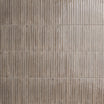
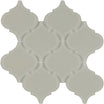

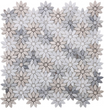
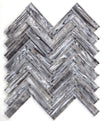
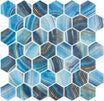
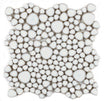
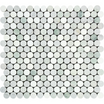

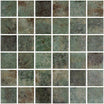

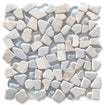
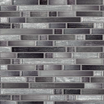
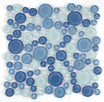
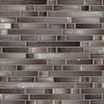

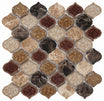




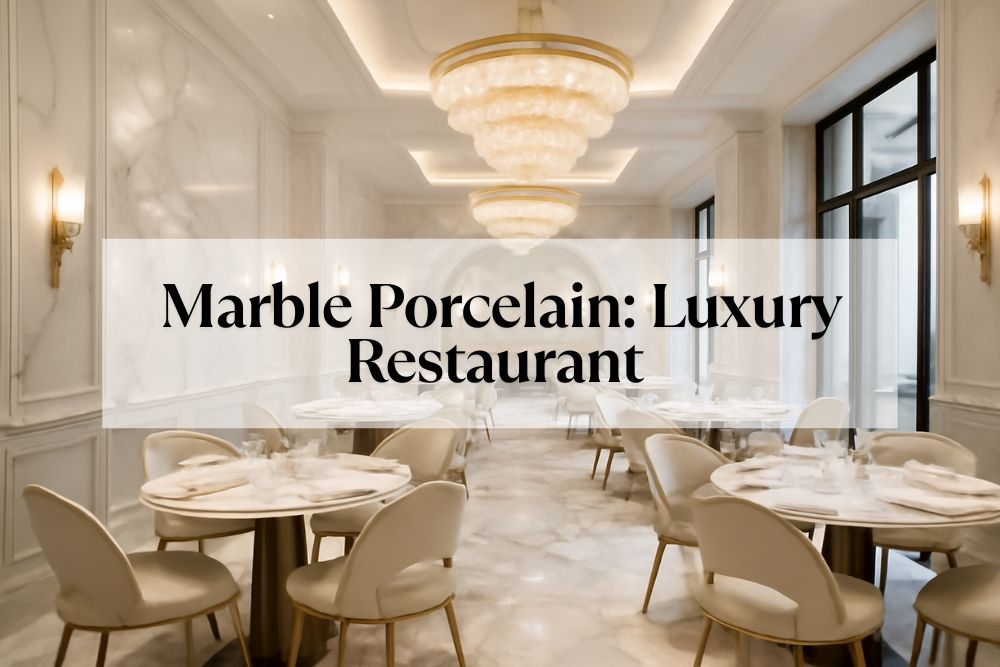
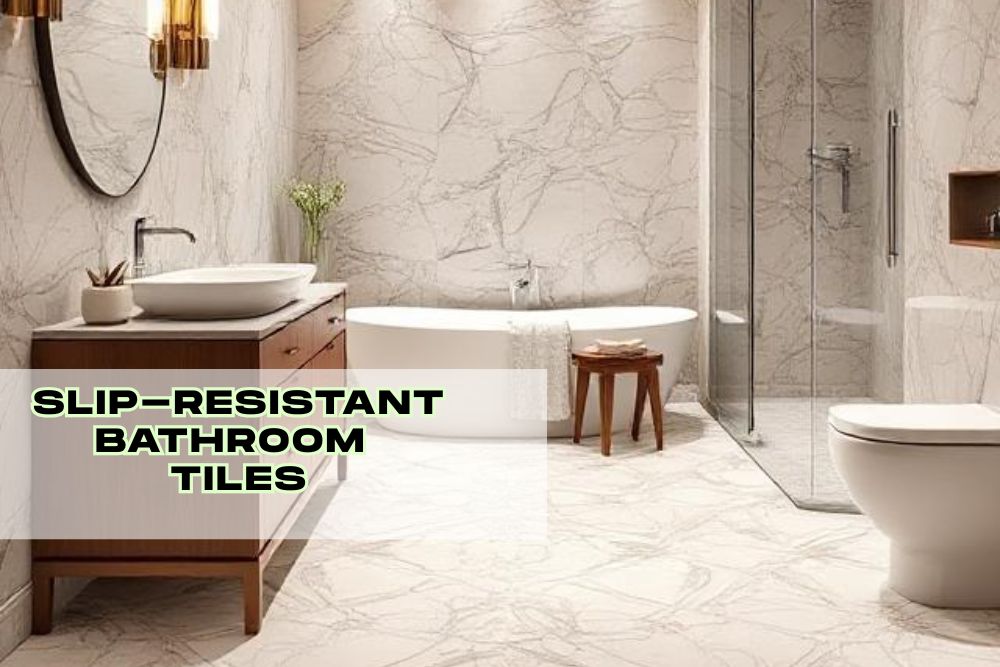
Leave a comment
This site is protected by hCaptcha and the hCaptcha Privacy Policy and Terms of Service apply.